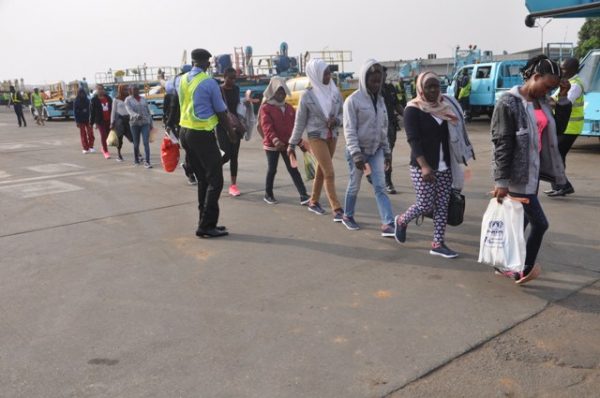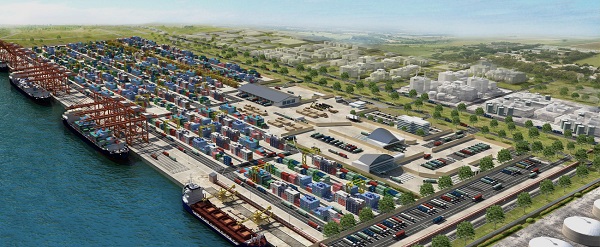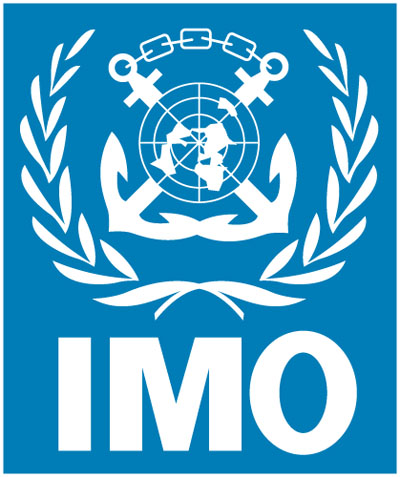More Repartees: Managing The Menace

The National Emergency Management Agency (NEMA) on Friday last week said the International Organization for Migration (IOM) in 18 months assisted no fewer than 9, 822 stranded Nigerian migrants from 10 different countries to voluntarily return home.
The Zonal Coordinator of NEMA, South West Zone, Yakubu Suleiman, made this known while receiving another batch of 153 Assisted Voluntary Returnees (AVR) brought back by IOM from Libya.
As the disenchanted illegal travelers arrived at the Cargo Wing of the Murtala Muhammed International Airport, Lagos at 1.05 a.m. on Friday last week, one begins to ponder the effects of a failed governance system.
According to Suleiman, majority of the migrants were from Libya with about 8,657 voluntary returnees, while others were brought back from Niger, Mali, Morocco, Liberia, Burkina Faso, France, Ireland, Austria and Poland, made up the remaining balance.
He noted that IOM had been working with NEMA and other federal agencies towards giving the returnees appropriate humanitarian assistance since the exercise started.
According to him, the returnees were brought back between April 2017 and September 2018.
He said, “The IOM analysis of the exercise reveals that out of the total figure, 59 percent of the returnees are males and 41 percent are females.
“Further analysis shows that out of the above, 57 per cent are adult males, adult females consisted of 37 percent, minor males are three percent and minor females are also three percent.”
Suleiman said 215 of the women returned under various stages of pregnancy while 214 males and 141 females had various degree of medical challenges.
He also disclosed was that there were 59 male and 52 female unaccompanied minors, while about 24 males and 174 females needed psychosocial first aid.
African governments must take actions to ensure its citizens can afford the basic necessities of life to curd this menace even as the populace should be enlightened on the hazards of travelling via the Mediterranean sea especially on overcrowded boats.
African nationals should be encouraged to invest and grow their respective nations rather than seek asylum in developed countries. There are multiple opportunities for business, employment and investment and it’s the duty of government agencies to channel the minds of the citizens to these areas rather than frustrate them to travel abroad.
Experts have also called for the need to take coordinated actions against the human traffickers. While the international community should be supporting the security forces in Libya, Egypt and Tunisia to catch the gangs that operate this murderous trade and seize their boats while they are still at ports, the respective governments should equally take strategy steps to curb the menace.







